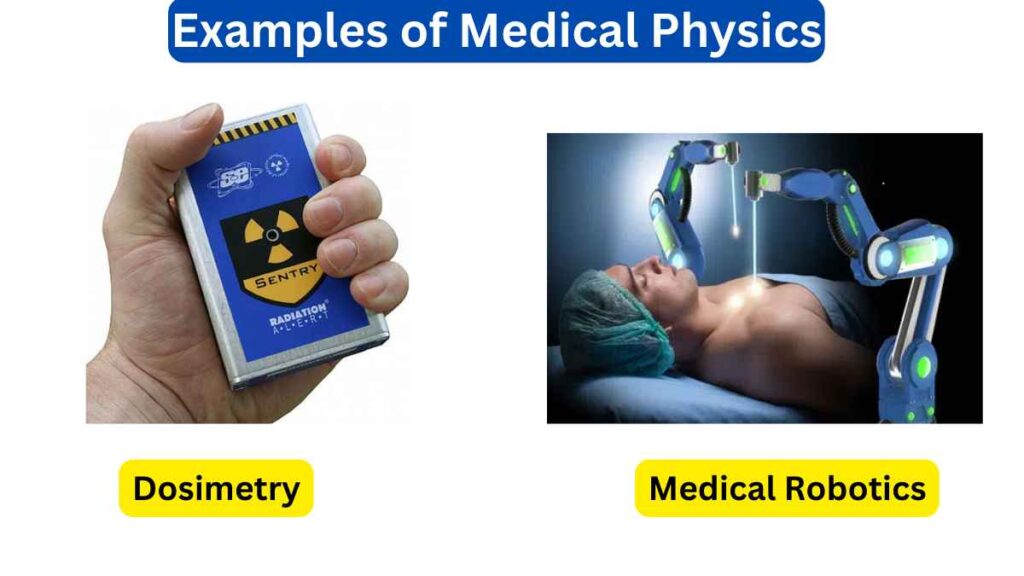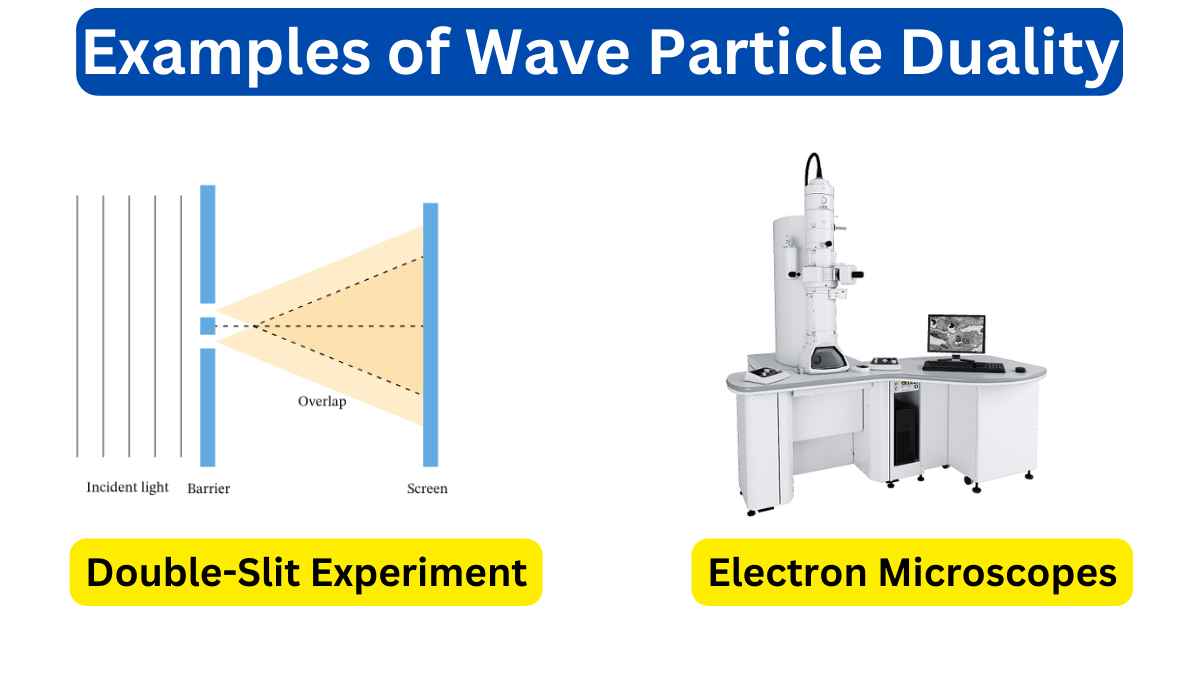10 Examples of Medical Physics
Medical physics is a branch of physics that applies the principles and techniques of physics to the field of medicine. It plays a crucial role in advancing healthcare by developing and applying technologies that enhance diagnosis, treatment, and patient care.
Examples of Medical Physics
Here are 10 common examples of medical physics.

1. Radiation Therapy
Medical physicists are integral to radiation therapy, ensuring the precise delivery of radiation to treat cancer while minimizing damage to healthy tissues. They plan treatment sessions, calibrate equipment, and monitor patient doses.
2. Medical Imaging
Medical physicists contribute to the development and optimization of medical imaging technologies, including X-ray, CT scans, MRI, and ultrasound. They help improve image quality and reduce radiation exposure.
3. Nuclear Medicine
In nuclear medicine, medical physicists assist in using radioactive materials for diagnostic imaging and therapeutic procedures. They ensure safe handling, accurate dosages, and proper imaging equipment calibration.
4. Magnetic Resonance Imaging (MRI)
MRI relies on principles of nuclear magnetic resonance, and medical physicists work on enhancing MRI technology, improving image quality, and developing new imaging sequences for better diagnosis.
5. Ultrasound Imaging
Medical physicists play a role in optimizing ultrasound equipment and techniques, ensuring clear and accurate imaging for various medical applications, including obstetrics and cardiology.
6. Radiation Safety
Medical physicists ensure the safe use of ionizing radiation in healthcare. They establish radiation safety protocols, monitor exposure levels, and provide radiation protection advice to medical staff and patients.
7. Dosimetry
Dosimetry involves measuring and calculating radiation doses delivered during medical procedures. Medical physicists perform dose calculations for radiation therapy and monitor dose levels to safeguard patient health.
8. Biomechanics
Medical physicists study the mechanics of the human body to understand how forces and movements affect health and injury. This knowledge aids in designing prosthetics, orthopedic devices, and rehabilitation strategies.
9. Medical Robotics
Medical physicists contribute to the development of robotic systems used in surgeries, enabling precise and minimally invasive procedures that enhance patient outcomes.
10. Healthcare Informatics
Medical physicists work on healthcare data analysis and informatics, helping to manage and interpret large datasets generated from various medical technologies. This aids in clinical decision-making and research.

 written by
written by 





Leave a Reply